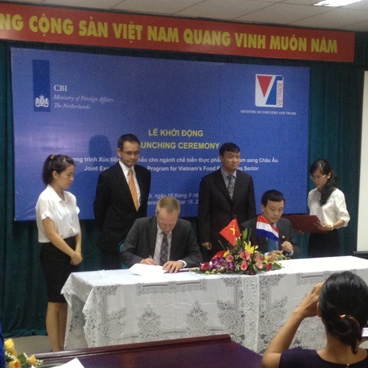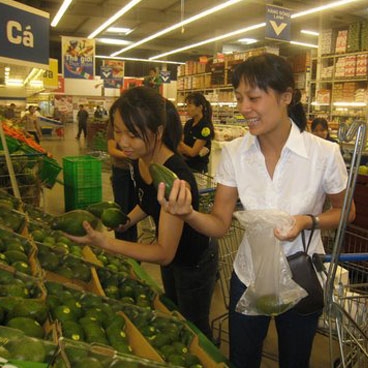For local policy makers from Cao Bang province, Fresh Studio organized a program from Dalat to the Red River and urban Hanoi. This program, organized as a workshop aimed at value chain development and the specific role of policy makers in this matter.
With the aim of improving the life of people in rural areas, Lux Development supports the IFAD funded Developing Business with the Rural Poor (DBRP) program. This program assists local Cao Bang authorities in value chain development and their specific role therein. One of the objectives is to enable local authorities in taking an active role in the development of value chains for Cao Bang products targeting urban markets like Hanoi. This requires that local authorities understand the meaning of value chains. In particular, when working with perishable products it will be vital to understand how and where in the chain the ‘added value’ can be created. Important points for consideration are:
- How is the added value shared?
- How is Quality Assurance arranged?
- How is added value marketed to whom and by whom?
- Who is the chain leader?
Fresh Studio was approach by LUX Development for assistance in strengthening the knowledge of value chain development and creating a deeper understanding of implications and organisations of value chains.
Building on extensive experience with value chain development in Vietnam, Fresh Studio organised a ‘travel workshop’ program focusing on strengthening the knowledge and understanding of Cao Bang policy makers on value chain development in a practical and structured way.
Traveling along a value chain from Dalat to the Red River Delta and urban Hanoi, from production to consumption practical examples were combined with background information. This enabled the participants to translate the lessons learned to their own Cao Bang development context.
The program was completed with a classroom workshop that specifically addressed the structure and organization of value chains. Moreover it enabled the active sharing of lessons learned and ideas in developing value chains for Cao Bang products.







